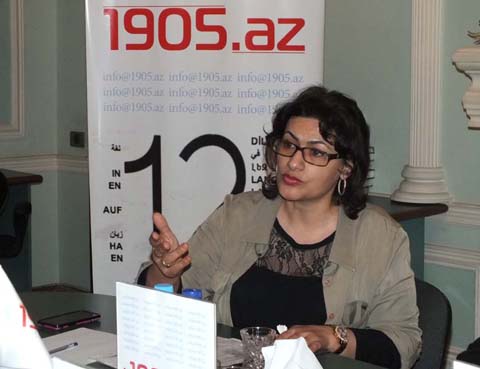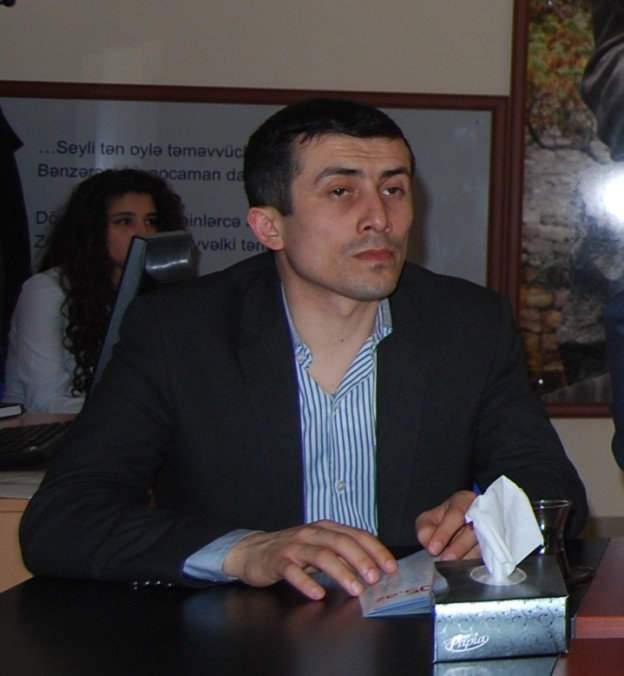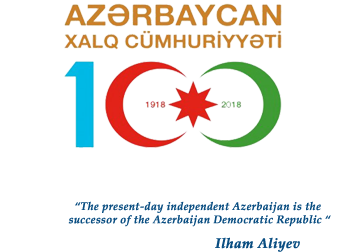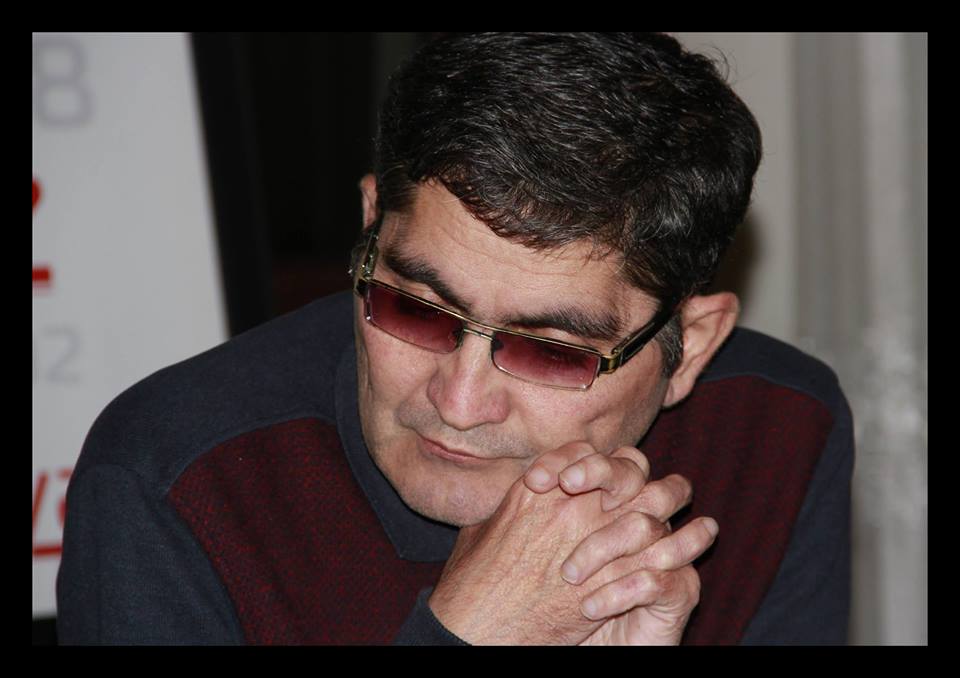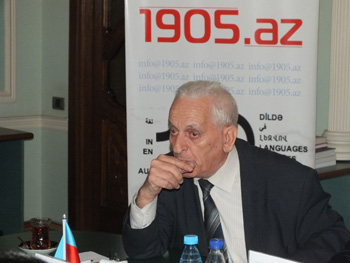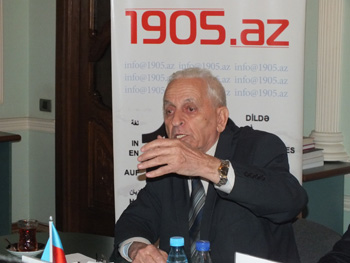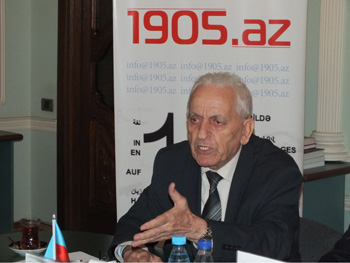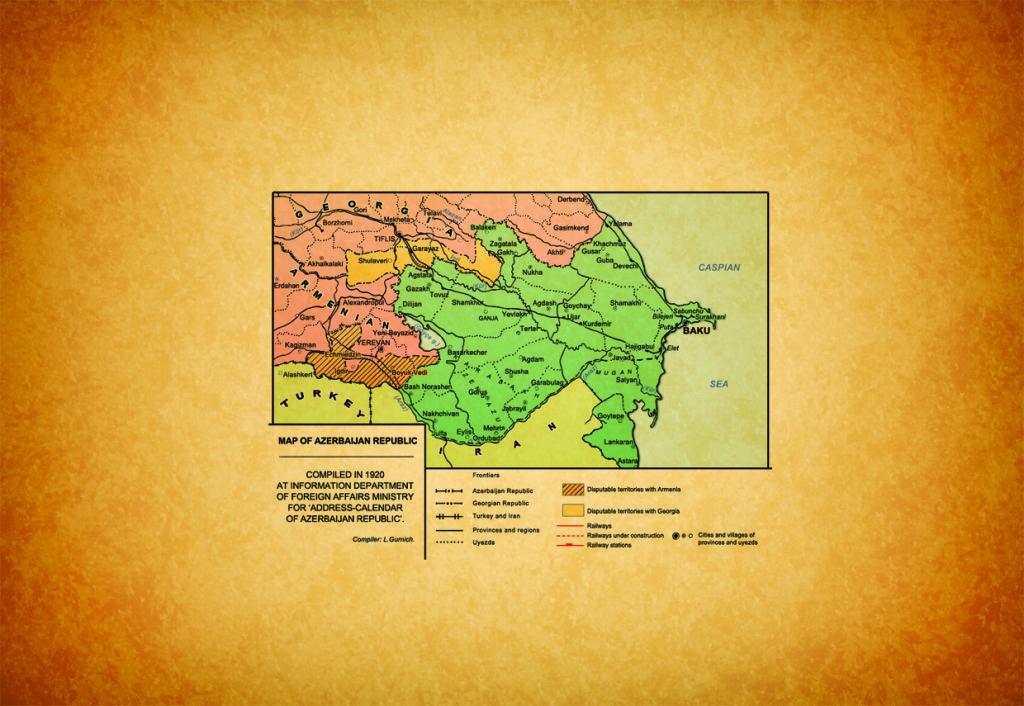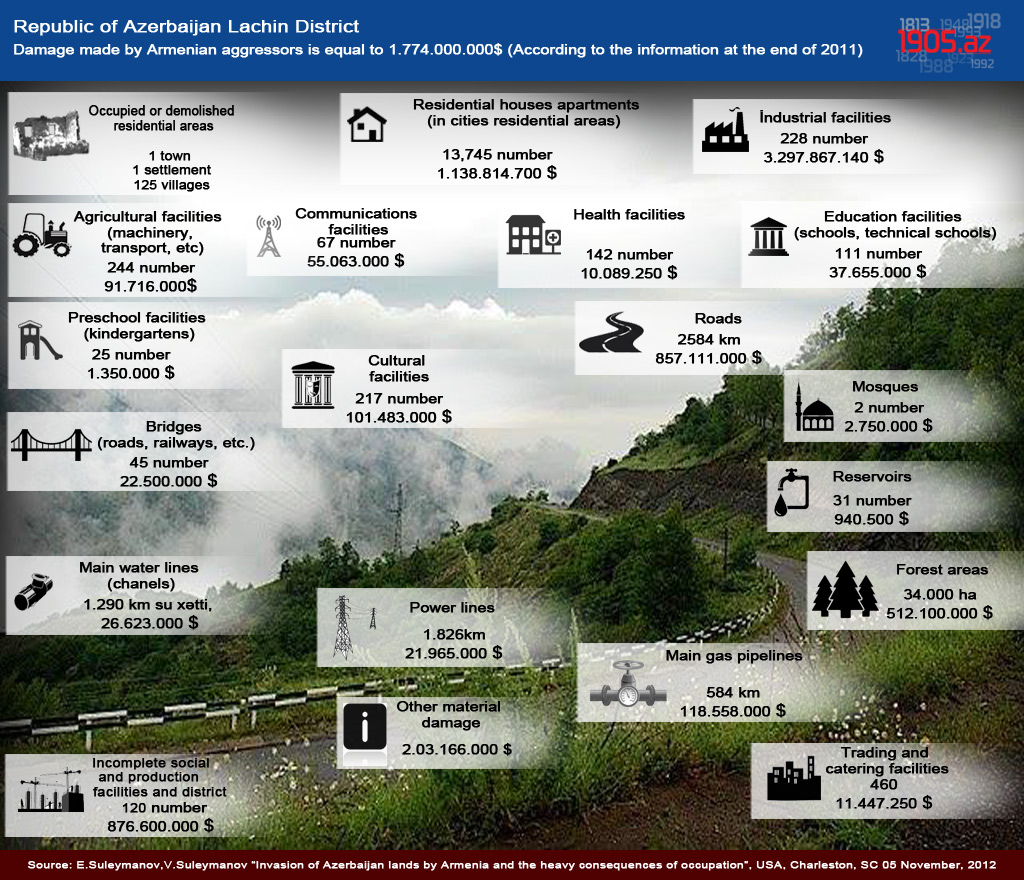By the end of WWI, Eastern Anatolia, where the Muslims and Armenians had lived together for a thousand years, was in ruins and the population had been decimated. After more than 90 years, the debate on the events of 1915 still continues in the public sphere, including the Stanford campus.
There can be no doubt that the eastern provinces of the Ottoman Empire in 1915 were the scene to many horrible atrocities against Armenians, which we condemn. The Turkish Republic, founded in 1923 after the fall of the Ottomans, officially expressed its grief numerous times for the events that happened and for the people that have died and suffered. Still, Turkey is the target of accusations of denial, indicating that the real issue is something quite different.
The Armenian thesis claims that the events constitute a genocide, that the Ottoman government had an official (albeit hidden) intent to exterminate the Armenian nation. It makes extensive references to the Holocaust to create the impression that the Armenian Genocide had similar methods and goals and is just as indisputable as the Holocaust. This position is historically not correct. Below, we provide evidence in hope to enable a better assessment of the historical truth.
By the end of the 19th Century, almost all Christian nations of the Ottoman Empire gained their independence following national uprisings. The Armenian independence movement started somewhat later than other nations, around the 1880s, mostly because the former were much more integrated into the Ottoman society and had a privileged position among the non-Muslim populations of the empire.
Still, the main reason why the events did not follow the same course was demographic. Armenians were dispersed all over Anatolia and Istanbul; they were a minority even in most of Eastern Anatolia.
When WWI began, Armenians formed militias to help the Russian advance into Anatolia. Large-scale uprisings in different parts of Anatolia, notably in the city of Van, created panic in the rear of the Turkish army. By February 1915, the local Muslim and Armenian populations in the country were in a fierce communal conflict. In April, the Ottomans were pulling back from the Eastern front and the Armenians were in control of certain provinces. At the end of April, the Ottomans gave the first order for “relocation.” The following months witnessed the plight of Armenians: As they were transported to Syrian provinces of the empire, they were killed by attacks of local Muslims, gangs, hunger and epidemics — as well as the difficulties of moving through mountains and deserts of the region. In the provinces under Armenian control, atrocities of similar scale were taking place, and the Muslim population fled in huge numbers in order to save their lives.
Prominent historians such as Bernard Lewis and Stanford Shaw maintain that there was no official policy of genocide. The claim is based on the fact that the comprehensive Ottoman archives contain no documents suggesting such a plan. The reports of misconduct by soldiers and civil servants almost always mention them in the context of how such behavior should be and is penalized; we have accounts of 1,397 officers being punished, creating a striking contrast with the Holocaust. Furthermore, the relocations began only after the Russian and Armenian armies began to move into Anatolia and were mostly confined to the region around the line of fighting.
After the Ottomans lost the war, the British High Commission in Istanbul arrested 144 high Ottoman officials and deported them to Malta for trial on charges of harming the Armenians. While the deportees were interned on Malta, the British appointed an Armenian scholar, Haig Khazarian, to conduct a thorough examination of the Ottoman, British and U.S. records to substantiate the charges.
Though granted complete access to all records, Khazarian’s corps of investigators discovered an utter lack of evidence demonstrating that the Ottoman officials either sanctioned or encouraged killings of Armenians. The British Procurator General exonerated and released all 144 detainees.
A state is responsible for the protection of all its citizens, even if they are insurgents. The death of innocent people cannot be justified by any argument. The Ottoman state certainly deserves the blame for letting this happen. However, the evidence tells that it is the inability of the state to control its provinces, rather than its intended plan, that lead to the atrocities. The government authority in most of that area in question was limited to a network of alliances with Turkish and Kurdish warlords, over which it had limited control. These and other similar facts cannot make the huge human toll disappear, or in any way justify it, but they are important nonetheless if we are to understand what really happened.
The issue of the Armenian genocide today is loaded with emotion, as the generations of Armenians living today identify themselves with the stories told by the previous generations who suffered through the atrocities. Yet, it is also loaded with politics, and rulings on the Armenian genocide are the playground of parliaments and state assemblies. Repeated invitations by the Turkish side to resolve the issue by objective historical inquiry are being declined by the Armenian side.
This reluctance to give up politics in favor of historical research prevents the true story from being unearthed and the lessons to be learned from them. The Armenians claim they want their suffering recognized as genocide to prevent something like this from happening again. Yet evidence tells that the events were not the plan of a group of sick-minded officials that wanted to exterminate a race, apparently in the need of a scapegoat. This was the result of inter-communal warfare that was like a fire engulfing the whole region, driven by the mistrust and suspicions between communities, and the political ambitions of the powers surrounding them. The Armenians were not innocent victims of the atrocities, but they played a role in starting them. Nor were the Muslims ruthless killers of innocent children and women. To present the events as a genocide ignores the complex history that led to the suffering of millions of people, Armenians and Muslims alike, and would only be a disservice to humanity in preventing future atrocities like this.
It is our hope that this debate, which has served nothing but to create further estrangement of the two nations will be dropped soon and objective historical inquiry will be permitted to cast light on the events of 1915. The issue with the Armenian Genocide is not to condemn horrible atrocities, it is a question of understanding and as hard as it is to admit, Armenians are standing in the way of it.
Stanford University Turkish Student Association
Source: http://www.stanford.edu/group/ccr/GreenHatBlog/armenian.pdf

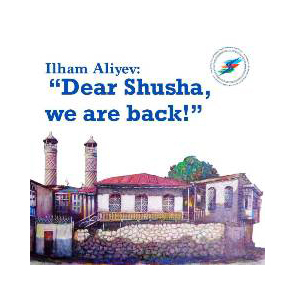
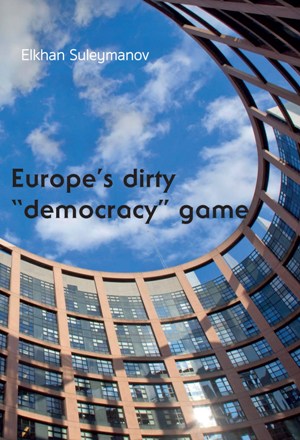
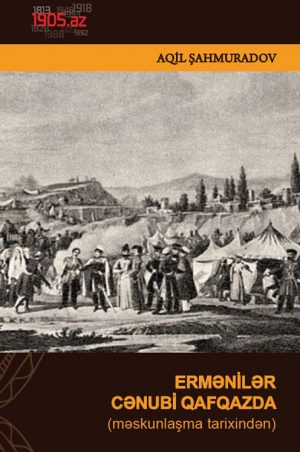





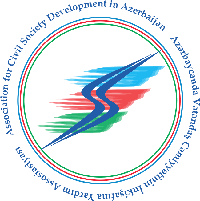
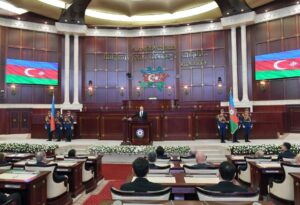 Inauguration ceremony of President of Azerbaijan Ilham Aliyev was held
Inauguration ceremony of President of Azerbaijan Ilham Aliyev was held Ilham Aliyev wins presidential election with 92.05 percent of votes VIDEO
Ilham Aliyev wins presidential election with 92.05 percent of votes VIDEO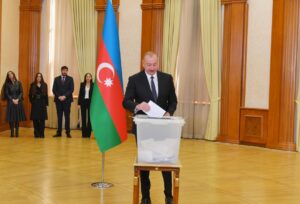 President Ilham Aliyev, First Lady Mehriban Aliyeva and family members voted in Khankendi VIDEO
President Ilham Aliyev, First Lady Mehriban Aliyeva and family members voted in Khankendi VIDEO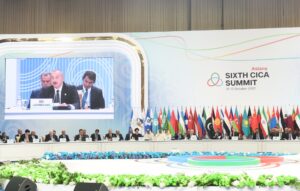 Plenary session of 6th Summit of Conference on Interaction and Confidence Building Measures in Asia gets underway in Astana. President Ilham Aliyev attends the plenary session VIDEO
Plenary session of 6th Summit of Conference on Interaction and Confidence Building Measures in Asia gets underway in Astana. President Ilham Aliyev attends the plenary session VIDEO President Ilham Aliyev was interviewed by Azerbaijani TV channels in Prague VIDEO
President Ilham Aliyev was interviewed by Azerbaijani TV channels in Prague VIDEO



